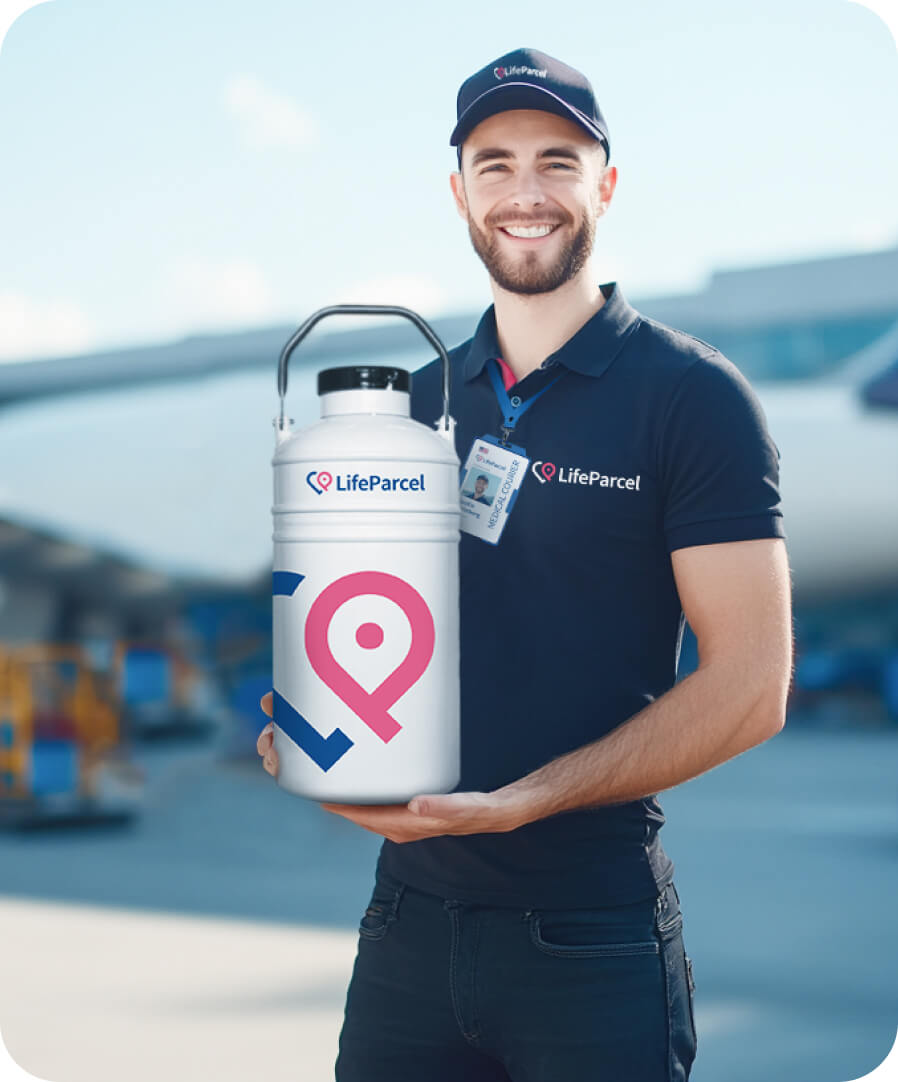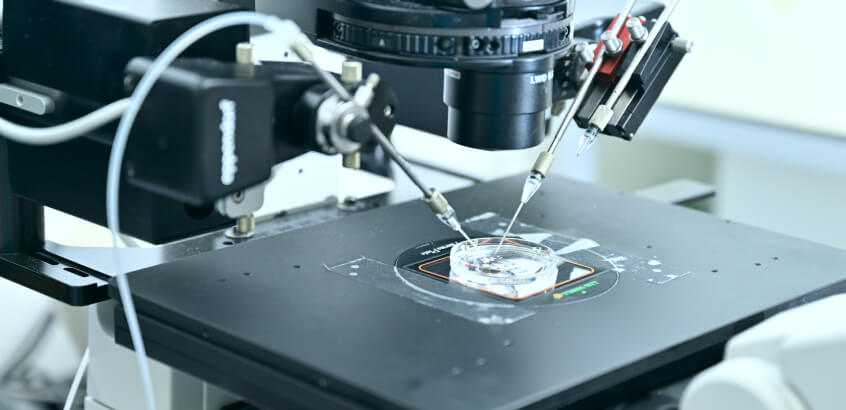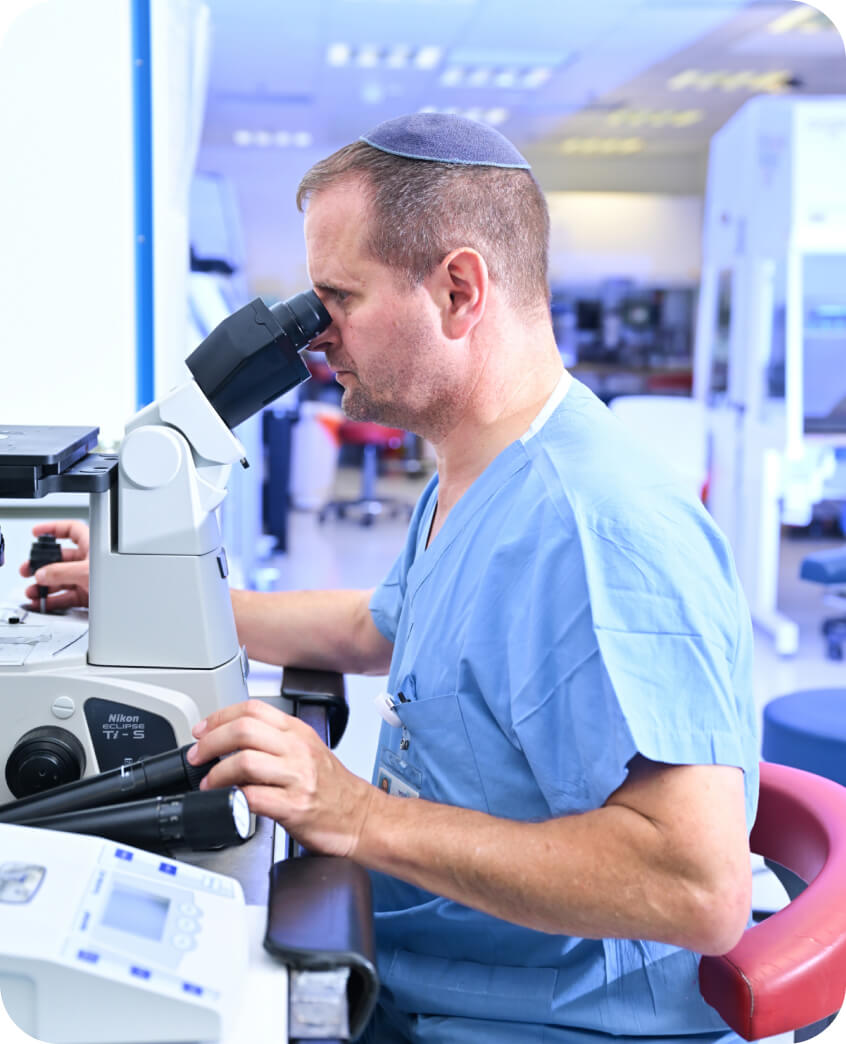Introduction
Embryologists are central figures in reproductive medicine, known for their precision in the lab, but their responsibilities often extend beyond embryo culture and cryopreservation. Their expertise is also essential in supporting cryogenic logistics by ensuring that fertility materials are prepared, stored, and released for transport under the safest possible conditions.
This article explores how embryologists contribute directly to secure fertility material transport. By applying their deep understanding of reproductive cell preservation, embryologists serve as critical partners in maintaining material integrity during transit. Their involvement reinforces the chain of custody and enhances the safety of every cryogenic shipment.
The Vital Role of Embryologists in Fertility Transport
Embryologists possess highly specialized knowledge of how eggs, sperm, and embryos must be stored and handled to remain viable. They ensure that fertility materials are correctly prepared and loaded into liquid nitrogen dry shippers, maintaining the exact temperature conditions required for safe shipping. Their oversight helps protect the structural integrity of gametes and embryos throughout the transfer process.
In addition to preparation, embryologists play a key role in reducing risk. They assess each shipment for vulnerabilities – such as improper labeling, temperature instability, or physical damage – and intervene before those risks can escalate. Their involvement is critical in maintaining fertility material safety and contributes directly to reliable fertility material transport.
Embryologists and Cryogenic Storage Standards
Before fertility materials can be shipped, embryologists play a key role in cryogenic preparation. They oversee precise cryopreservation protocols, ensuring eggs, sperm, and embryos are safely frozen at -195°C to halt all cellular activity without causing damage. Their training ensures these delicate materials are stabilized in optimal conditions prior to being loaded for transport.
As part of the process, embryologists implement strict quality control measures. They verify that the liquid nitrogen dry shipper used for the journey is fully charged, leak-free, and compliant with transport regulations. Their involvement in cryogenic logistics ensures that fertility preservation is never compromised due to faulty equipment or overlooked storage issues.
Ensuring a Secure Chain of Custody
Embryologists also contribute to maintaining a secure chain of custody by collaborating with trusted couriers and clinical staff. They help prepare the necessary tracking documentation and ensure that specimens are clearly labeled, documented, and handed off under verified procedures. This vigilance helps keep each shipment traceable and compliant with legal and ethical standards throughout its journey.
By limiting who can handle fertility materials, embryologists help reduce unnecessary touchpoints that could introduce risk. Their oversight guarantees that only trained professionals manage the transfer process, preserving the integrity of the specimens from start to finish. Their role is vital in maintaining secure fertility material transport and supporting a trusted IVF courier company’s high standards.
Collaboration with Cryogenic Couriers
Embryologists play an important role in selecting reliable fertility material transport partners. Their clinical expertise allows them to evaluate whether a courier adheres to the safety protocols and regulatory standards essential for cryogenic logistics. This partnership ensures that only experienced, specialized providers – like those offering concierge fertility transport services—are entrusted with these sensitive shipments.
Once transport begins, embryologists remain actively engaged. They maintain open communication with couriers, monitoring the status of the shipment and addressing any issues that arise. This real-time collaboration, backed by 24/7 fertility courier support, helps ensure timely deliveries and peace of mind for both patients and clinics.
Regulatory Compliance and Best Practices
With international fertility transport, adhering to cross-border regulations is non-negotiable. Embryologists help ensure that each shipment complies with the legal and medical requirements of the origin and destination countries. Their involvement reduces the risk of customs challenges and supports seamless, compliant delivery.
As cryogenic innovation continues to advance, embryologists stay current with industry standards and best practices. Whether it’s adopting new cryopreservation protocols or adjusting to updated handling guidelines, their adaptability ensures that fertility materials are transported safely and effectively under evolving conditions.
Conclusion
Embryologists are more than laboratory professionals – they are key players in managing cryogenic transport for fertility materials. Their expertise ensures that eggs, sperm, and embryos are preserved under the strictest safety conditions, remain viable during transit, and meet international compliance standards. By overseeing every step, from storage preparation to final delivery, embryologists uphold the highest standards of fertility material safety.
To ensure peace of mind and optimal outcomes, both clinics and patients should collaborate with experienced embryologists and a trusted IVF courier company like LifeParcel. This partnership provides the secure transport of embryos and gametes with professional oversight and cryogenic precision at every stage.





